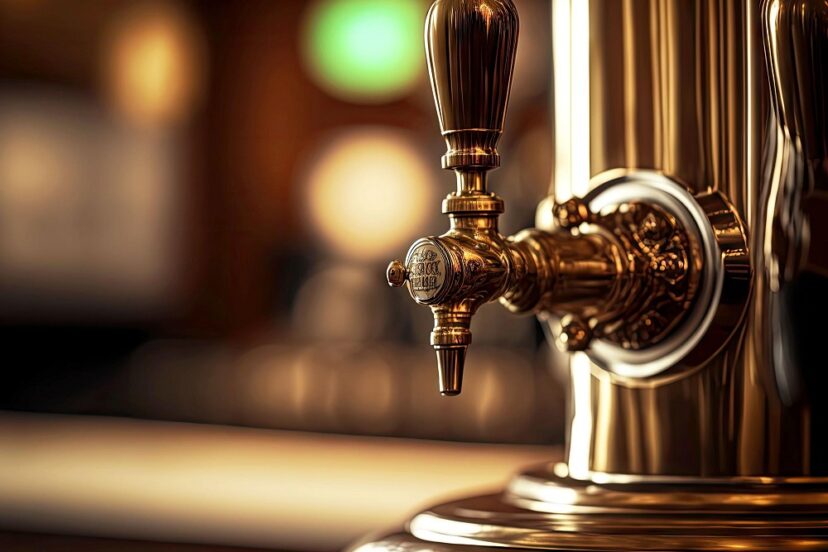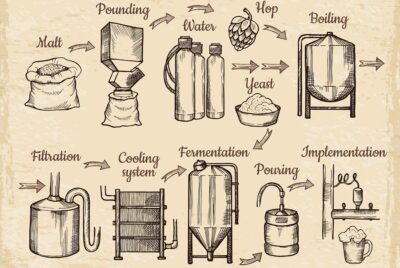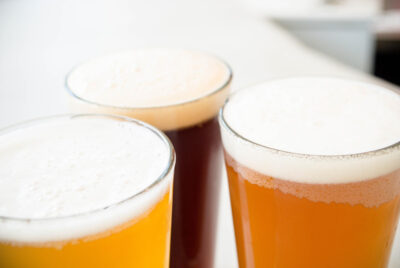Brewing Origins and Evolution
The rich history behind brewing is fascinating, from its ancient origins to the modern craft beer renaissance. Let’s embark on a journey to uncover the captivating story of how brewing origins and evolution has evolved over centuries.
The Beginnings of Brewing
Brewing traces its roots back to ancient civilizations, where early brewers experimented with fermenting grains and fruits to create primitive alcoholic beverages. Mesopotamians and Egyptians are among the first known brewers, utilizing barley and bread to craft rudimentary beer.
Ancient Techniques and Ingredients
Ancient brewers relied on natural fermentation processes, using wild yeast and bacteria present in the environment to ferment their brews. Ingredients such as barley, wheat, and honey were commonly used, along with herbs and spices for flavouring.
Brewing During the Middle Ages
The Middle Ages witnessed the expansion of brewing across Europe, with monasteries playing a pivotal role in refining brewing techniques. Monks brewed beer not only for sustenance but also as a source of income, utilizing their knowledge to create distinctive brews.
Development of Brewing Guilds
As brewing grew in popularity, guilds emerged to regulate production and ensure quality standards. These guilds established brewing traditions and techniques that would shape the future of the industry.
Impact of the Industrial Revolution on Brewing
The Industrial Revolution brought significant advancements to the brewing industry, with innovations such as steam power and refrigeration revolutionizing production methods. Mass production became feasible, leading to the rise of commercial brewing companies.
Rise of Commercial Brewing Companies
The Industrial Revolution saw the consolidation of brewing operations into large-scale breweries, marking the beginning of the commercialization of beer. This era saw the emergence of iconic beer brands that continue to dominate the market today.
The Era of Prohibition
Prohibition in the early 20th century dealt a severe blow to the brewing industry, leading to the closure of many breweries and the outlawing of alcohol production. However, this period also sparked a resurgence in homebrewing as enthusiasts sought ways to brew their own beer.
Homebrewing During Prohibition
Despite the ban on alcohol, many individuals continued to brew beer at home using makeshift equipment and secret recipes. Homebrewing became a clandestine activity, with families and communities sharing their brewing knowledge in secret.
Craft Beer Movement
The latter half of the 20th century witnessed the emergence of the craft beer movement, characterized by small-scale breweries producing artisanal beers with unique flavors and styles. This movement revolutionized the beer industry, offering consumers a diverse range of options beyond mass-produced lagers.
Microbreweries and Homebrewing Resurgence
Microbreweries flourished during this period, catering to niche markets with specialty beers crafted with care and creativity. Homebrewing also experienced a resurgence, with enthusiasts embracing the opportunity to experiment with ingredients and techniques in their own kitchens.
Experimental Brewing Techniques
Modern brewing is marked by a spirit of experimentation, with brewers pushing the boundaries of traditional styles and flavors. From barrel aging to wild fermentation, breweries are constantly innovating to create new and exciting brews that captivate the palate.
The history of brewing origins and evolution is a testament to human ingenuity and creativity, spanning millennia of innovation and tradition. From ancient civilizations to modern craft breweries, brewing has evolved into a vibrant and dynamic industry that continues to shape our cultural landscape.
FAQs
What role did monasteries play in the history of brewing?
Monasteries were crucial in refining brewing techniques and preserving brewing knowledge during the Middle Ages.
How did Prohibition impact the brewing industry?
Prohibition led to the closure of many breweries but also sparked a resurgence in homebrewing as a form of resistance.
What defines the craft beer movement?
The craft beer movement is characterized by small-scale breweries producing artisanal beers with unique flavors and styles.
What are some popular experimental brewing techniques?
Experimental brewing techniques include barrel aging, wild fermentation, and hop infusions, among others.
How has brewing evolved in recent years?
Brewing has evolved with the rise of craft breweries, embracing innovation and creativity in flavor profiles and brewing methods.




